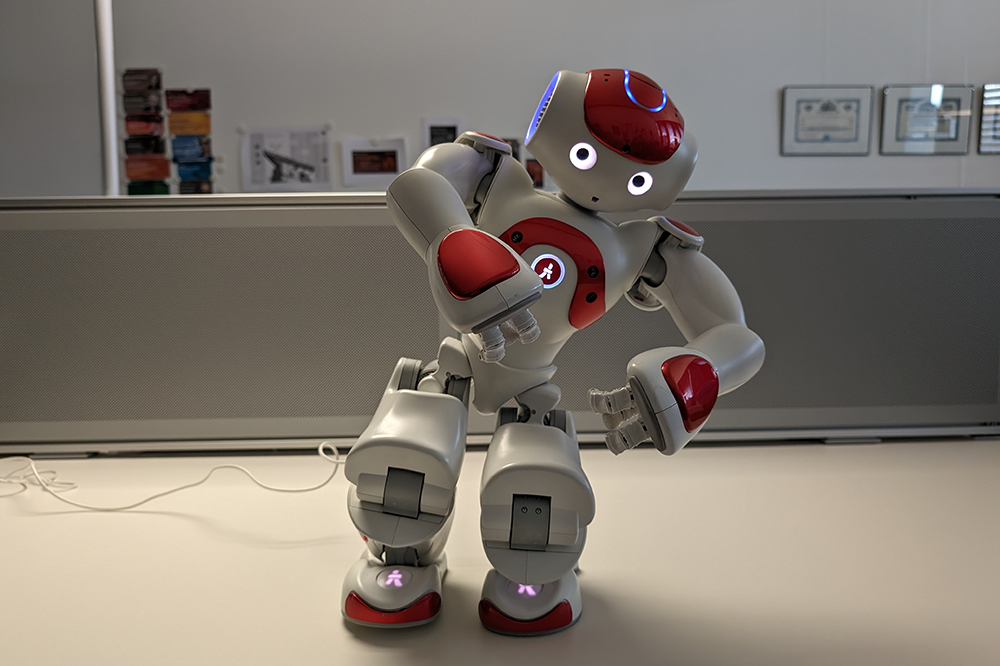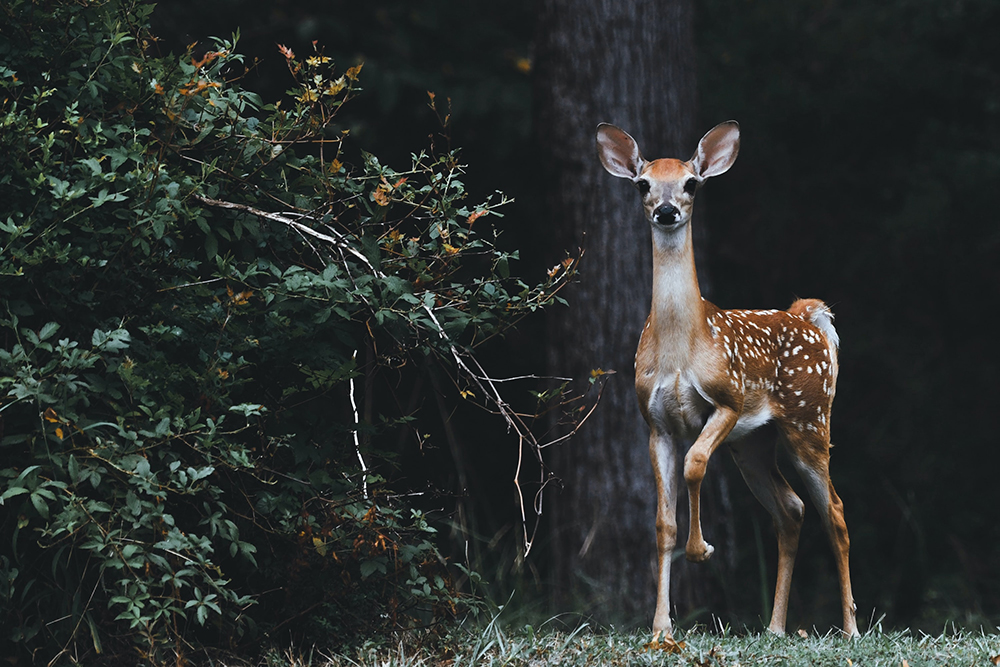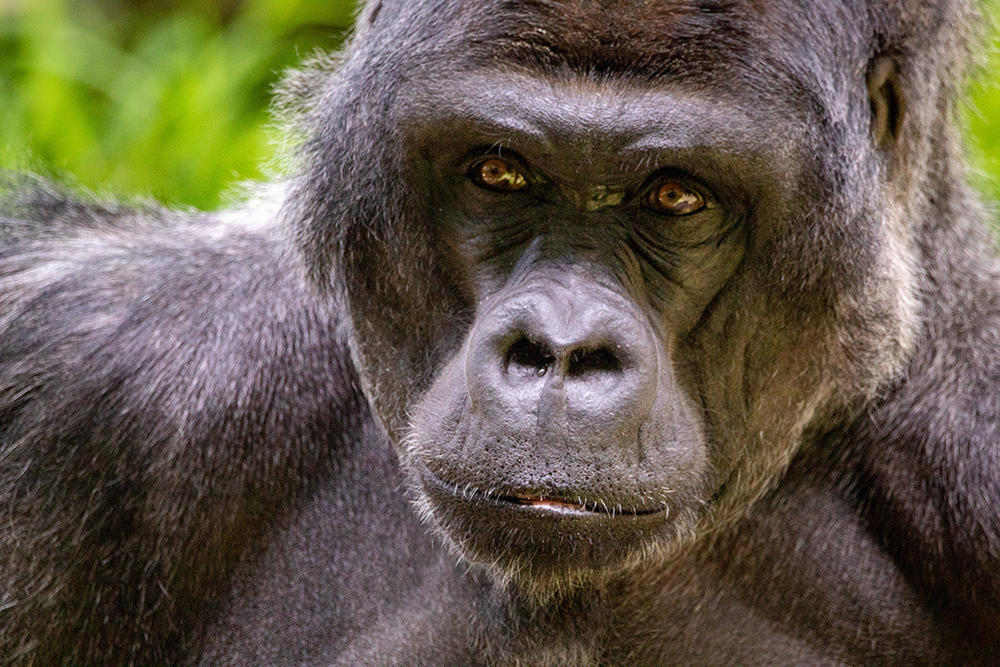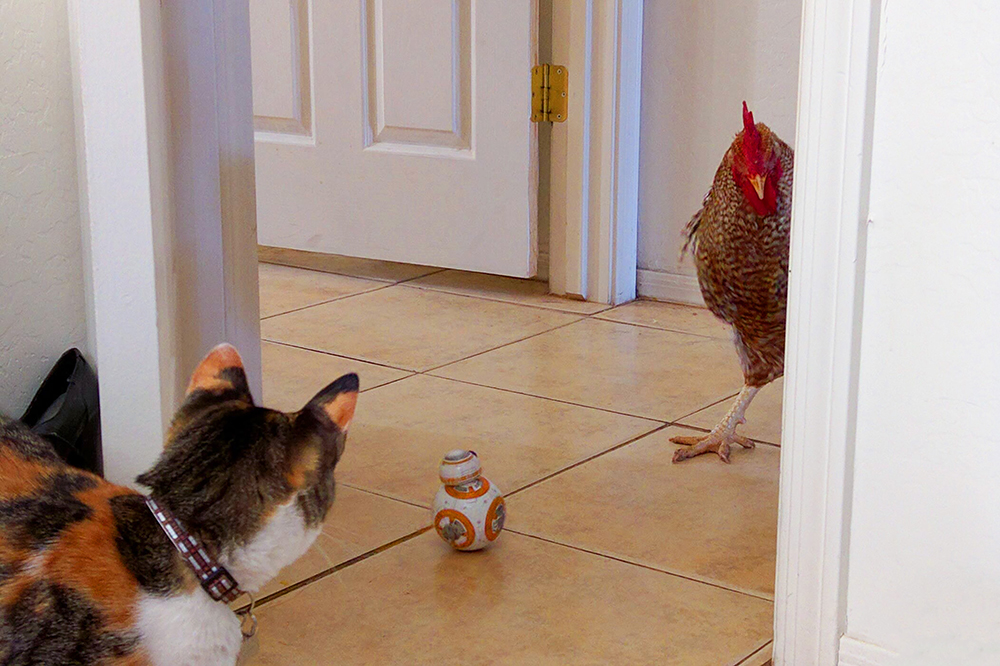Since 2012, Oliver Bendel has developed 13 concepts and artifacts in the field of animal-computer interaction (ACI) or animal-machine interaction (AMI) together with his students. They can be divided into three categories. The first are animal- and nature-friendly concepts. The second are animal-friendly machines and systems (i.e., forms of moral machines). The third are animal-inspired machines and systems that replace the animals or bring them closer to you. Articles and book chapters have been published on many of the projects. The names of the developers can be found in these. A few prototypes made it into the media, such as LADYBIRD and HAPPY HEDGEHOG. Oliver Bendel repeatedly refers to Clara Mancini, the pioneer in the field of animal-computer interaction. Recently, ethicists such as Peter Singer have also turned their attention to the topic.
25 Artifacts and Concepts of ME and SR
Since 2012, on the initiative of Oliver Bendel, 25 concepts and artifacts of machine ethics and social robotics have been created to illustrate an idea or make its implementation clear. These include conversational agents such as GOODBOT, LIEBOT, BESTBOT, and SPACE THEA, which have been presented at conferences, in journals and in the media, and animal-friendly machines such as LADYBIRD and HAPPY HEDGEHOG, which have been covered in books such as “Die Grundfragen der Maschinenethik” by Catrin Misselhorn and on Indian, Chinese and American platforms. Most recently, two chatbots were created for a dead and an endangered language, namely @ve (for Latin) and @llegra (for Vallader, an idiom of Rhaeto-Romanic). The CAIBOT project will be continued in 2024. In this project, a language model is to be transformed into a moral machine with the help of prompt engineering or fine-tuning, following the example of Claude von Anthropic. In the “The Animal Whisperer” project, an app is to be developed that understands the body language of selected animals and also assesses their environment with the aim of providing advice on how to treat them. In the field of machine ethics, Oliver Bendel and his changing teams are probably among the most active groups worldwide.
New Channel on Animal Law and Ethics
The new YouTube channel “GW Animal Law Program” went online at the end of November 2023. It collects lectures and recordings on animal law and ethics. Some of them are from the online event “Artificial Intelligence & Animals”, which took place on 16 September 2023. The speakers were Prof. Dr. Oliver Bendel (FHNW University of Applied Sciences Northwestern Switzerland), Yip Fai Tse (University Center for Human Values, Center for Information Technology Policy, Princeton University), and Sam Tucker (CEO VegCatalyst, AI-Powered Marketing, Melbourne). Other videos include “Tokitae, Reflections on a Life: Evolving Science & the Need for Better Laws” by Kathy Hessler, “Alternative Pathways for Challenging Corporate Humanewashing” by Brooke Dekolf, and “World Aquatic Animal Day 2023: Alternatives to the Use of Aquatic Animals” by Amy P. Wilson. In his talk, Oliver Bendel presents the basics and prototypes of animal-computer interaction and animal-machine interaction, including his own projects in the field of machine ethics. The YouTube channel can be accessed at www.youtube.com/@GWAnimalLawProgram/featured.
Machines and Robots for Animal Welfare
On 25 February 2022, the article “Passive, Active, and Proactive Systems and Machines for the Protection and Preservation of Animals and Animal Species” by Oliver Bendel was published in Frontiers in Animal Science. From the abstract: “Digitalization and automation are expanding into many areas, resulting in more widespread use of partially and fully autonomous machines and robots. At the same time, environmental and other crises and disasters are on the rise, the world population is growing, and animals are losing their habitat. Increasingly, machines and robots such as agricultural vehicles, autonomous cars, robotic lawnmowers, or social robots are encountering animals of all kinds. In the process, the latter are injured or killed. Some machines can be designed so that this does not happen. Relevant disciplines and research areas briefly introduced here are machine ethics, social robotics, animal-machine interaction, and animal-computer interaction. In addition, animal welfare is important. Passive and active machines—as they are called in this review—are already appearing and help to observe and protect animals. Proactive machines may play a role in the future. They could use the possibilities of full automation and autonomy to save animals from suffering in agriculture or in the wild. During crises and disasters and in extensive nature reserves, they could observe, care for, and protect animals. The review provides initial considerations on active, passive, and proactive machines and how they can be used in an animal preservation context while bearing in mind recent technical and global developments.” The article is part of the research topic “Animal-Computer Interaction and Beyond: The Benefits of Animal-Centered Research and Design” and can be accessed at www.frontiersin.org/articles/10.3389/fanim.2022.834634/full.
AI at the Service of Animals and Biodiversity
“L’intelligence artificielle au service de l’animal et de la biodiversité” (“Artificial intelligence at the service of animals and biodiversity”) is the title of a webinar that will take place on 5 November 2021 from 10:30 – 12:00 via us02web.zoom.us/webinar/register/WN_SJjYGx7qQt-FezEBprGMww. There are over 600 registered participants (professionals from the animal industry, health care and animal welfare, also entrepreneurs, investors, scientists, consultants, NGOs, associations). The webinar is for anyone interested in technologies with a positive impact on animals (wildlife, livestock, pets) and biodiversity. The goal is to take advantage of the opportunities that Artificial Intelligence offers alongside the many technological building blocks (Blockchain, IoT, etc.). This first webinar will be an “introduction” to AI in this specific application area. It will present use cases and be the starting point of a series of webinars. On the same day, there will be a Zoom conference from 1:30 to 2:30 pm. The title of the talk by Prof. Dr. Oliver Bendel is “Towards Animal-friendly Machines”.
Basic Rights for Primates
The initiative “Grundrechte für Primaten” (“Basic Rights for Primates”) went online with its website on April 30, 2021. The supporters demand the introduction of basic rights for non-human primates at cantonal constitutional level in Basel-Stadt. Among them are Simon Fankhauser (co-president Young Green Alliance), Dr. Charlotte E. Blattner (lawyer), Prof. Dr. Markus Wild (philosopher), Prof. Dr. Oliver Bendel (ethicist and business information systems scientist), Jaël Malli (musician), and Dr. Colin Goldner (head of the Great Ape Project Germany). Prof. Dr. Oliver Bendel goes particularly far in his requests: “I am for human rights for humans and for animal rights for animals. Basic rights such as the right to life and the right to physical integrity should go to all primates, but also to other mammals as well as reptiles and amphibians. The idea is not to protect animals from other animals, but from humans.” He combines animal ethics and animal welfare with machine ethics and develops animal-friendly machines with his teams. The initiative’s website can be reached at www.primaten-initiative.ch.
The Robot Called HAPPY HEDGEHOG
The paper “The HAPPY HEDGEHOG Project” by Prof. Dr. Oliver Bendel, Emanuel Graf and Kevin Bollier was accepted at the AAAI Spring Symposia 2021. The researchers will present it at the sub-conference “Machine Learning for Mobile Robot Navigation in the Wild” at the end of March. The project was conducted at the School of Business FHNW between June 2019 and January 2020. Emanuel Graf, Kevin Bollier, Michel Beugger and Vay Lien Chang developed a prototype of a lawn mowing robot in the context of machine ethics and social robotics, which stops its work as soon as it detects a hedgehog. HHH has a thermal imaging camera. When it encounters a warm object, it uses image recognition to investigate it further. At night, a lamp mounted on top helps. After training with hundreds of photos, HHH can quite accurately identify a hedgehog. With this artifact, the team provides a solution to a problem that frequently occurs in practice. Commercial robotic mowers repeatedly kill young hedgehogs in the dark. HAPPY HEDGEHOG could help to save them. The video on informationsethik.net shows it without disguise. The robot is in the tradition of LADYBIRD.
Towards Animal-machine Interaction
Animal-machine interaction (AMI) and animal-computer interaction (ACI) are increasingly important research areas. For years, semi-autonomous and autonomous machines have been multiplying all over the world, not only in factories, but also in outdoor areas and in households. Robots in agriculture and service robots, some with artificial intelligence, encounter wild animals, farm animals and pets. Jackie Snow, who writes for New York Times, National Geographic, and Wall Street Journal, talked to several people on the subject last year. In an article for Fast Company, she quoted the ethicists Oliver Bendel (“Handbuch Maschinenethik”) and Peter Singer (“Animal Liberation”). Clara Mancini (“Animal-computer interaction: A manifesto”) also expressed her point of view. The article with the title “AI’s next ethical challenge: how to treat animals” can be accessed here. Today, research is also devoted to social robots. One question is how animals react to them. Human-computer interaction (HCI) experts from Yale University recently looked into this topic. Another question is whether we can create social robots specifically for animals. The first beginnings were made with toys and automatic feeders for pets. Could a social robot replace a contact person for weeks on end? What features should it have? In this context, we must pay attention to animal welfare from the outset. Some animals will love the new freedom, others will hate it.
Billions of Trees, Planted by Drones
Flash Forest, a Canadian start-up, plans to plant 40,000 trees in the north of Toronto within a few days. It uses drones, i.e. technology that also plays a role in detecting and fighting forest fires. By 2028, it aims to have planted a full 1 billion trees. “The company, like a handful of other startups that are also using tree-planting drones, believes that technology can help the world reach ambitious goals to restore forests to stem biodiversity loss and fight climate change. The Intergovernmental Panel on Climate Change says that it’s necessary to plant 1 billion hectares of trees – a forest roughly the size of the entire United States – to limit global warming to 1.5 degrees Celsius.” (Fast Company, 15 May 2020) It is without doubt a good idea to use drones for planting. But you have to remember that unmanned aerial vehicles (UAV) of this type have a bad energy balance. Above all, however, birds and other creatures must not be frightened away and must not be hurt (see, e.g., this article). In this context, insights from animal-machine interaction and machine ethics can be used.
Another Animal-friendly Machine
Between June 2019 and January 2020 the project HAPPY HEDGEHOG (HHH) was implemented at the School of Business FHNW. Initiator and client was Oliver Bendel. In the context of machine ethics, the students Emanuel Graf, Kevin Bollier, Michel Beugger and Vay Lien Chang developed the prototype of a lawnmower robot that stops working as soon as it discovers a hedgehog. HHH has a thermal imaging camera. If it encounters a warm object, it further examines it using image recognition. At night a lamp mounted on top helps. After training with hundreds of photos, HHH can identify a hedgehog quite accurately. Firstly, another moral machine has been created in the laboratory, and secondly, the team provides a possible solution to a problem that frequently occurs in practice: commercial lawnmower robots often kill baby hedgehogs in the dark. HAPPY HEDGEHOG could help save them. The video on youtu.be/ijIQ8lBygME shows it without casing; a photo with casing can be found here. The robot is in the tradition of LADYBIRD, another animal-friendly machine.









